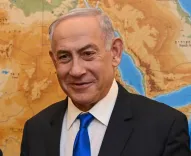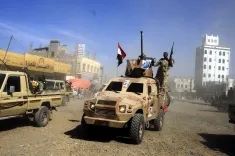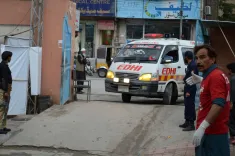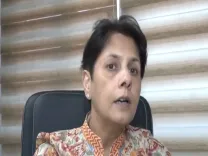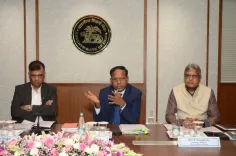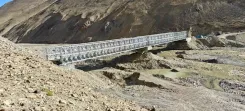What Did the Awami League Say About Military Action Against Civilians in Gopalganj?
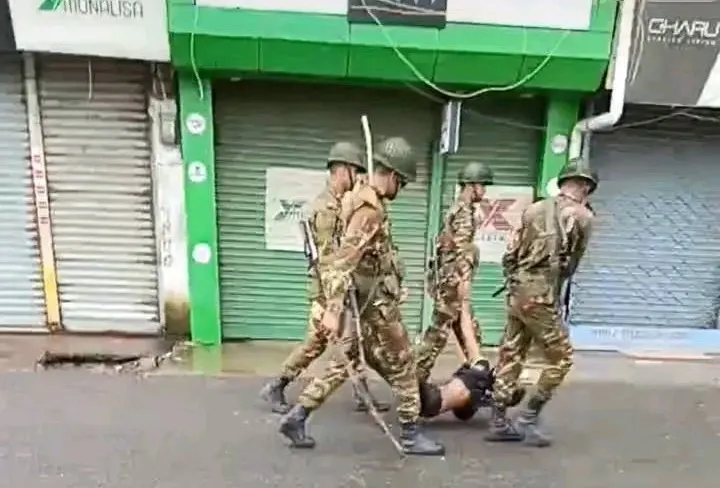
Synopsis
Key Takeaways
- Thousands protested against state-sponsored repression in Gopalganj.
- The Awami League fiercely criticized the military's actions.
- Concerns over the erasure of Bangabandhu's legacy continue to grow.
- Approximately 1500 memorials have been vandalized since Yunus took power.
- Political violence has escalated against Awami League leaders.
Dhaka, July 16 (NationPress) In a significant protest on Wednesday, thousands gathered in Gopalganj district to denounce the “state-sponsored repression” initiated by the interim government led by Muhammad Yunus. The Awami League party criticized the military for instilling terror among the populace through a brutal crackdown.
"With complete impunity, members of the Bangladesh Army are witnessed torturing and dragging a civilian in Gopalganj, aiming to create a climate of fear across the nation. This unfortunate civilian was part of the vast crowd protesting against the oppression by the Yunus regime, which includes extrajudicial killings, arbitrary arrests, detentions, a rising crime wave, and the recent attempts to erase symbols associated with our founding father, Bangabandhu Sheikh Mujibur Rahman, from his birthplace Gopalganj," stated the Awami League.
"We vehemently condemn the ongoing support from the armed forces, who have remained inactive amidst the criminal activities perpetrated by Yunus-sponsored mobs backed by Islamists. Historic Dhanmondi 32, the site of the founding father's assassination, was demolished by these mobs, while people are attacked on the streets for refusing to comply with extortion demands. By participating in this savage crackdown, the Bangladesh Army has abandoned its neutrality," emphasized the Awami League.
In February, a significant group of protesters vandalized and set fire to the residence of Bangladesh's founder, Sheikh Mujibur Rahman, during a live online address by his daughter, former Prime Minister Sheikh Hasina.
The furious mob desecrated the memorial and residence located at Dhanmondi 32, demanding a ban on the Awami League party he established.
The Dhaka South City Corporation (DSCC) also renamed various roads, buildings, and structures previously dedicated to Bangabandhu Mujibur Rahman, his family, and Awami League leaders. Bangabandhu Avenue has now been changed to Shaheed Abrar Fahad Avenue, as per the DSCC's order.
Since the rise of the Yunus government in August 2024, following the fall of the Awami League-led government under former Prime Minister Hasina, approximately 1500 sculptures, murals, and memorials have been vandalized, torched, or uprooted across the nation.
Moreover, numerous Awami League leaders have faced brutal attacks and murders since Hasina's ousting, with many party members and supporters enduring severe assaults and mob violence in recent months.

